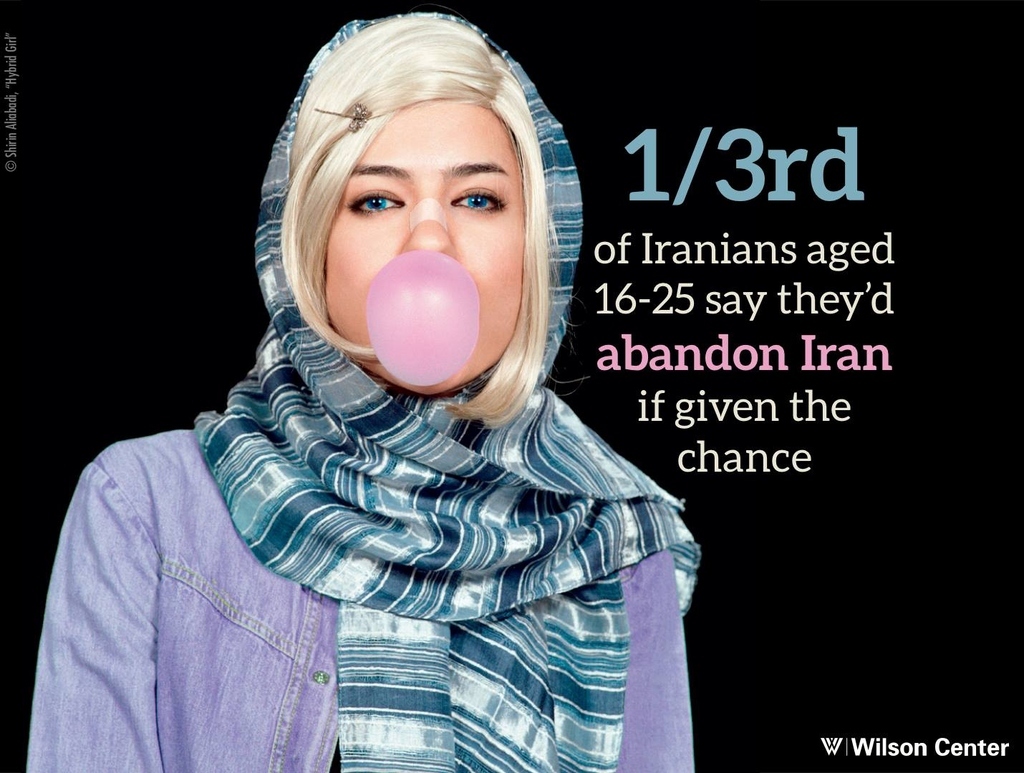From the green protests in 2009–2010 to the election of reformer Hassan Rouhani as president, young Iranians are increasingly powerful.
Expert Robin Wright has called them "the determinators" — politically savvy, socially sassy, and media astute. They count, quite literally, as never before.
1. Two-thirds of Iran is under 35 years old.

2. They love rap music.
View this video on YouTube
Ayatollah Khomeini banned all music as “Westoxication.” But for the young today, rap is the rhythm of dissent.
Hip-hop artists hold back little in warnings to the regime, as Yas, Iran’s leading hip-hop artist, defiantly rapped:
"Listen to my words and see the agonies I suffered
What my generation has seen, made our tears fall
Those without such pains — how they saw ours,
They became even more cruel, what a pity for our land!"
3. They're the first generation born after the 1979 revolution.
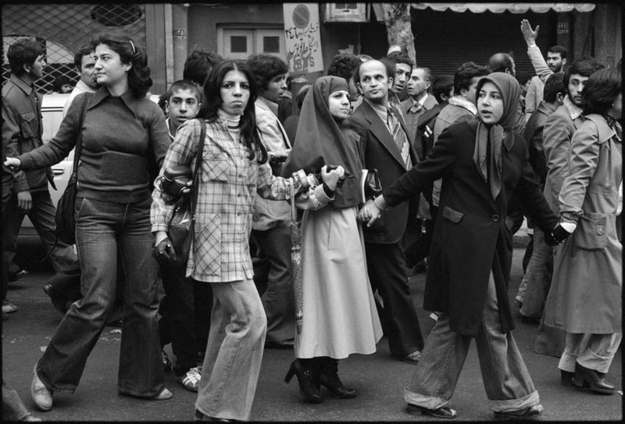
4. They're pushing cultural boundaries further than any time since the 1979 revolution.
View this video on YouTube
For males, the stereotype of their parents' generation was a young man sporting a headband that vowed martyrdom to Islam. Today, the image may be performing parkour.
5. ...Including when it comes to fashion.
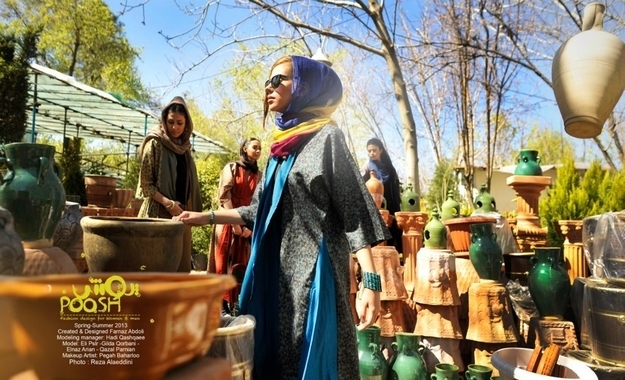
6. They're well educated.
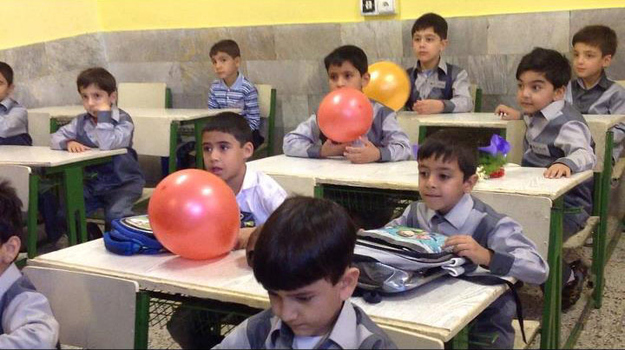
7. Like their Western counterparts, young adults in Iran struggle with joblessness.
View this video on YouTube
One of the theocracy’s biggest successes — the boom of post-revolution babies — is now a vulnerability, as the economy can't absorb the influx of young, well-educated workers.
Officially, up to 30% of the young are jobless; unofficially, it may be closer to 50%. Iran’s new president acknowledged in June that 4 million university graduates were jobless.
8. They're in no hurry to get married.
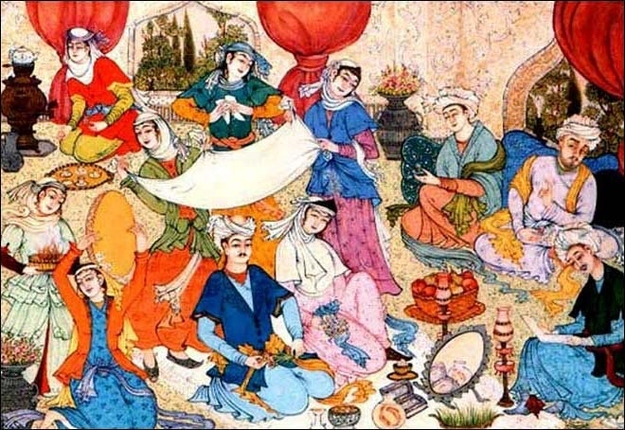
9. Young Iran's frustration is reflected in soaring drug use.

10. The post-1979 generation are Iran's baby boomers.
11. They are politically active.
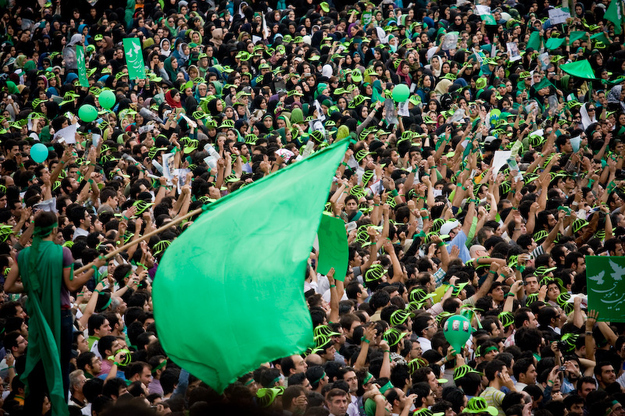
12. They have an active, often snarky, online community.
13. They want Iran to adopt a new way of thinking.
